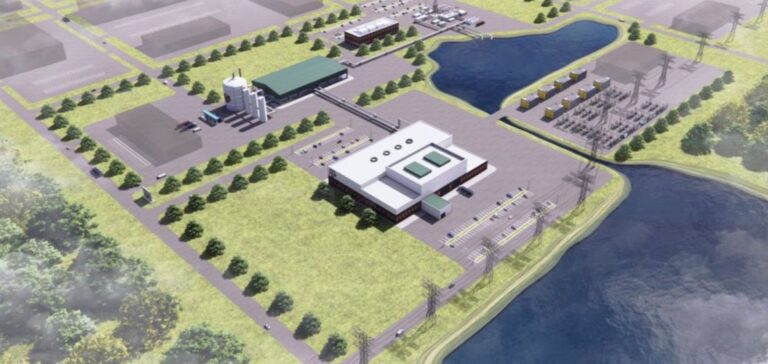Natura Resources has revealed a major investment in the nuclear sector with the establishment of two new facilities in Texas. These projects aim to meet the growing energy demand in the region while adopting advanced, safer, and more efficient nuclear technologies. These deployments are part of a series of initiatives aimed at diversifying energy sources and supporting long-term energy stability in the United States.
The first of the two projects will focus on the use of a small modular reactor, an innovative technology that significantly reduces the risks associated with nuclear energy production while improving energy efficiency. This model, developed in partnership with specialized technology companies, is expected to lead to a significant reduction in operational costs while meeting stringent safety standards. The second project, located in another area of Texas, will use an enhanced version of small modular reactors (SMRs), designed to produce low-carbon energy for the years to come.
A Response to Growing Energy Demand
Natura Resources’ announcement comes in the context of increasing energy demand, not only due to population growth but also because of the need to modernize aging energy infrastructure. The energy sector in Texas, one of the largest energy markets in the United States, faces growing challenges in meeting the needs of businesses and residents. These advanced nuclear projects complement efforts to diversify energy production, particularly by integrating solar energy, natural gas, and now, next-generation nuclear solutions.
With these initiatives, Natura Resources positions itself as a key player in the evolution of the nuclear industry, while attempting to maximize the economic benefits of advanced technologies. Furthermore, these projects add to a series of similar initiatives supporting innovation in long-term energy supply.
Economic and Financial Impact of Nuclear Progress
Investments in advanced nuclear technology are in the billions of dollars. According to internal sources, Natura Resources is expected to inject several billion into these two projects by 2027. This will have significant repercussions on the local economy, creating thousands of jobs in reactor construction and maintenance. Additionally, the company anticipates that these projects will ultimately stabilize energy prices while ensuring a continuous supply, despite economic fluctuations and energy supply crises.
The financing of these projects has been facilitated by partnerships with several private sector players, as well as public funding, which has fostered innovation in the nuclear sector. Natura Resources is committed to meeting strict profitability criteria while complying with regulatory safety and energy production requirements.
Reactions from Industry Stakeholders and Future Outlook
The announcement has received mixed reactions from energy sector stakeholders. Some experts praise Natura Resources’ approach, calling it a necessary response to the energy transition. However, others highlight the ongoing challenges, particularly regarding the long-term management of nuclear waste and safety concerns. Nevertheless, the company seems optimistic about the growth opportunities in this field.
As the United States seeks to strengthen its energy independence, companies like Natura Resources play a crucial role in the evolution of energy supply. These advanced nuclear reactor deployments are part of a broader trend of modernizing the sector, aimed at integrating new technologies and meeting the demands of an increasingly complex energy market.






















